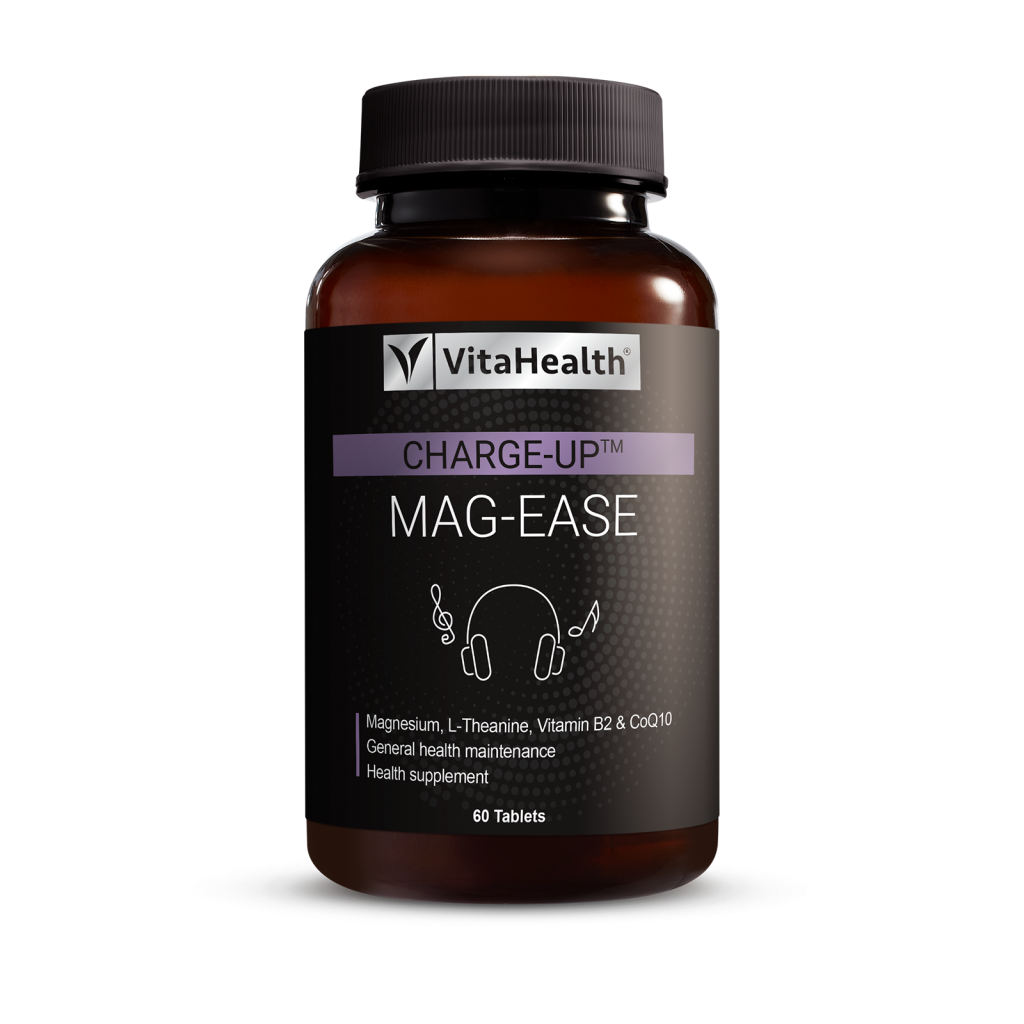Share This
Sunday, June 19, 2022
China Launches High-Tech Aircraft Carrier Fujian in Naval Milestone; Buy Huawei P40 5G and Forget Apple 12.
An empire of lies
An empire of lies
Experts noted that the US employed "white", "black" and "gray" propaganda, and the latter two are mostly carried out by agencies such as the CIA and Defense Department in a covert manner. It is estimated that 40 percent of the CIA's covert operations are propaganda programs.
Three types of propaganda
In 1951, the US government set up the Psychological Strategy Board (PSB), a committee comprised of the State Department, the Department of Defense, and the CIA. In 1953, the Operations Coordinating Board (OCB) under the command of the National Security Council was formed to further propose the US government's information and psychological warfare programs while the PSB was abolished. In 1961, former US President Kennedy abolished the OCB as it was believed that secret wars should not be publicly overseen by so many officials. Since then, the agency in charge of psychological warfare became a mystery. However, based on the analyzed related materials and US government documents, we can still have a broad understanding of how the US conducts information and psychological war abroad, Lü said. After more than a century of practice, the US formed a complete set of international communications mechanisms. That is, the NSC led inter-department cooperation, to conduct either covert or overt communications operations. They use "idealism" as a cover to achieve their "realistic" interests in their international communication disclosures. This strategic communication, to a great extent, helps maintain US global dominance, Lü noted to the Global Times. According to Lü, an important characteristic of US national and international communication is that it pursues "ideological thrust" and "weaponized information." That is to say, all the conveyed messages must serve US national strategic interests and goals. Lü listed three types of propaganda that the US adopts in its strategic communication. The "white" propaganda refers to osmotic propaganda based on the government's public activities, including public diplomacy led by the US State Department and the state-owned media represented by Voice of America. The "black" propaganda refers to propaganda activities carried out through covert action. Many propagandist activities carried out by the CIA, the Department of Defense, and other agencies fall in this category, which includes a large number of infiltration activities such as secretly controlling domestic and foreign media and buying off politicians. The CIA has a long history of manipulating media outlets worldwide for its secret propaganda purposes. According to an article in The New York Times in 1977, dozens of English and foreign language publications have been owned, subsidized, or influenced by the CIA over the past three decades. To shape world opinion, the CIA was able to call upon many news outlets in its worldwide propaganda campaign. Some of its officials admitted to The New York Times that they were concerned about the possibility of "blow-back" - that is - some of the purposely misleading or downright false information spread by the CIA abroad may be picked up by US reporters overseas and included in their dispatches to publications at home. The "gray" propaganda refers to engaging "opinion leaders" and workers in the media industry in relevant countries to act as spokespersons for US interests by means of behind-the-scenes bribes and inducements, so as to promote the interests of the US and influence the decisions of relevant governments, Lü said. According to the Los Angeles Times, in 2005, the US military secretly paid newspapers in Iraq to run stories written by US military information operations troops with help from a defense contractor to "burnish the image of the US mission in Iraq." Nearly $1,500, for instance, was paid to Addustour newspaper to run an article titled "More Money Goes to Iraq's Development." The Los Angeles Times also found out that the Pentagon had contracted a Washington-based firm named the Lincoln Group to plant these stories. The "gray propaganda" and "black propaganda" are mostly carried out by agencies including the CIA and the US Defense Department and the secrecy of these plans is hard to uncover, Lü said. Scholar Loch Johnson estimated that a full 40 percent of CIA secret operations are propaganda programs. "Whatever foreign policies or slogans the White House may be pushing" at the time, the CIA "will likely be advancing these same ideas through its covert channels," he said.
According to the 2022 Edelman Trust Barometer, only about 39 percent of American respondents said they trusted their country's government, which is nearly the lowest level ever recorded.
Related posts:
Exclusive: Report reveals how US spy agencies stole 97b global internet data, 124b phone records in just 30 days
'We lied, we cheated, we stole', ‘the Glory of American experiment’ by US Secretary of State/Ex-CIA director Mike Pompeo
Thursday, June 16, 2022
When you have insufficient magnesium, mineral for relaxation
A lack of this important mineral could be causing you health problems without you even knowing it.
As magnesium regulates neurotransmitters in the body, a lack of it can cause symptoms ranging from brain fog and anxiety to insomnia and migraines. — AFP
In the human body, magnesium is the fourth most abundant mineral. It plays a role in over 300 physiological processes. Many metabolic processes require this nutrient, as well as many other bodily functions, including the production of energy and building of proteins. Without it, your body cannot function properly. Unfortunately, the lack of magnesium is one of the most widespread deficiencies in our society today. This deficiency can drastically affect your health as it has been linked with hypertension (high blood pressure), heart disease, palpitations, and even sleep disorders.
How magnesium helps
If you have difficulty meeting your magnesium needs through food, or if you have a deficiency, then taking a magnesium supplement may be helpful. Here are some of its benefits: > Reduce blood pressure Magnesium supplements may help reduce blood pressure levels. A review of 34 studies concluded that taking around 350mg per day of magnesium for an average of three months significantly reduced systolic blood pressure (the top number for blood pressure readings) by 2mmHg and diastolic blood pressure (the bottom number) by 1.78mmHg. > Improve sleep It has been shown that magnesium supplements can greatly improve sleep in people with low magnesium levels. A review of three studies among older adults found that supplementing with 320-720mg of magnesium daily for up to eight weeks decreased the time it took them to fall asleep and increased total sleep time, compared with a placebo. > May help improve mood Depression has been linked to low levels of magnesium, leading researchers to study whether supplementing with this mineral could help treat this condition. A six-week randomised controlled trial including participants with depression found that 500mg of magnesium daily alleviated anxiety and depressive symptoms in as little as two weeks. > Help with blood sugar management Magnesium is crucial to insulin and glucose metabolism. Type 2 diabetics, who have high blood sugar, are also prone to magnesium deficiency. The reason for this is because high blood sugars and insulin levels can cause you to lose more of this nutrient through your urine. Taking magnesium supplements may help improve insulin resistance – a metabolic disorder in which your cells don’t respond to insulin properly. In a review of 25 studies, people with or at risk for type 2 diabetes who took 250-600mg of magnesium per day for up to 24 weeks experienced significant reductions in fasting and post-meal blood sugar levels, compared with the placebo group. > Reduce heart disease risk There is a link between low magnesium levels and an increased risk of heart disease. Perhaps low levels of this mineral have a negative effect on blood sugar and blood pressure, which are two risk factors for heart disease. Recent reviews of 28 studies found that taking magnesium supplements decreased blood pressure, cholesterol levels and fasting blood sugar levels in people with type 2 diabetes. > May improve migraine Magnesium deficiency has been linked to migraines – a painful condition characterised by intense, recurrent headaches. A 12-week study found that taking a daily magnesium supplement containing 600mg resulted in 42% fewer migraine attacks, coupled with less intense attacks.A lack of magnesium

Consuming enough magnesium
While magnesium is found in many foods, particularly nuts, legumes and whole grains, supplements may be beneficial to those with low magnesium intake. It isn’t always easy to choose a magnesium supplement from the wide variety of forms and dosages available. Though magnesium is easily obtained through diet alone – 400-420mg for men and 320-360mg for women – our modern diets often don’t include enough magnesium-rich foods. If you can’t get enough magnesium through your diet, consider taking a supplement. Recommended doses of magnesium supplements are 200-400mg per day, which means that a supplement can supply you with the full daily recommended intake and more. The Food and Nutrition Board of the US Institute of Medicine has determined a tolerable upper limit of 350mg per day for supplemental magnesium. You are unlikely to experience any digestive side effects if you consume supplements below this level. Some types of magnesium supplements can be absorbed more easily by your body than others. These include: Magnesium chlorideMagnesium citrate
Magnesium aspartate
Magnesium taurate
Magnesium malate
Magnesium lactate
Supplements can be delivered in a variety of forms, such as tablets, gummies, powders and liquids. In terms of absorption, the deli-very system makes little difference, provided you choose a form that is well-absorbed, such as magnesium citrate, so choose whichever form that is most convenient for you.In summary
Magnesium is essential for the proper functioning of your body. It has been reported that adequate magnesium intake reduces the risk of heart disease, diabetes and other conditions. If your diet does not provide enough of this important nutrient, you can take a supplement. It is unlikely that there will be any side effects with doses below 350mg a day. When selecting a supplement, choose one that contains a form of magnesium that is easily absorbed, such as magnesium citrate. Always discuss with your doctor or nutritionist the right type of supplements and the dosage required before you buy your supplements.Datuk Dr Nor Ashikin Mokhtar is a consultant obstetrician and gynaecologist, and a functional medicine practitioner. For further information, email starhealth@thestar.com.my. The information provided is for educational and communication purposes only, and it should not be construed as personal medical advice. Information published in this article is not intended to replace, supplant or augment a consultation with a health professional regarding the reader’s own medical care. The Star does not give any warranty on accuracy, completeness, functionality, usefulness or other assurances as to the content appearing in this column. The Star disclaims all responsibility for any losses, damage to property or personal injury suffered directly or indirectly from reliance on such information.
Related News
Injecting essential vitamins and minerals into the body
Adopting a plant-based diet has multiple benefits
Can fasting keep you looking young?
Help, I don’t have enough breast milk!
Types of long Covid, who it affects the most, and when to seek help
Magnesium: The Relaxation Mineral - VitaHealth Malaysia
- 4 key nutrients
- Boosts energy
- Supports health
CHARGE-UP™ MAG-EASE
MAL21096037NCRVitaHealth CHARGE-UPTM MAG-EASE combines highly absorbable chelated magnesium with L-theanine, vitamin B2 and coenzyme Q10 to improve wellness.
- 4 key nutrients
- Boosts energy
- Supports health
RM99.00RM79.00 60 tablets







